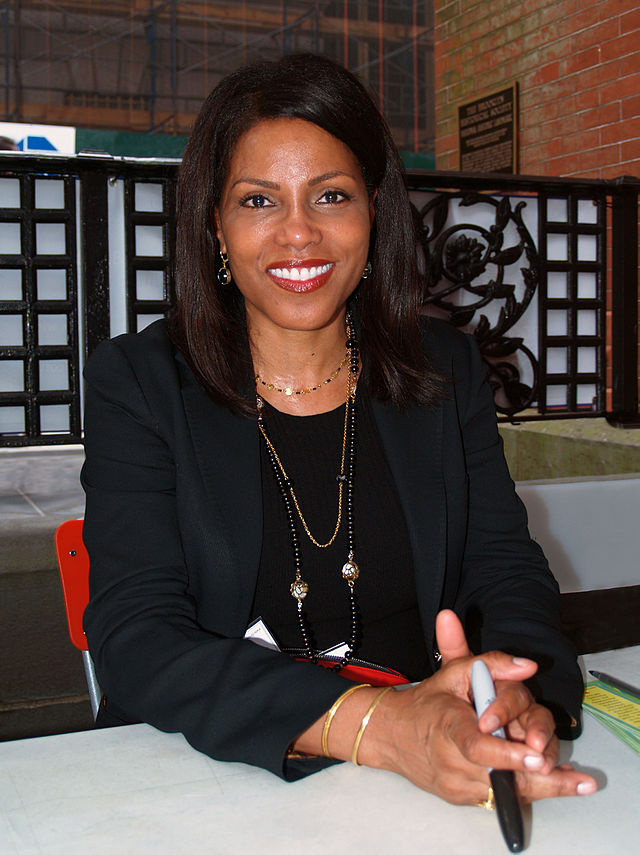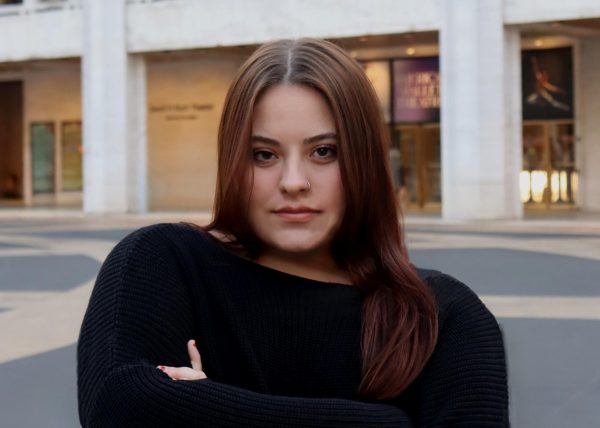Ilyasah Shabazz, recipient of a master’s degree in education and human resource development from Fordham and the daughter of civil rights activist Malcolm X, was invited to be the Black Student Alliance at Rose Hill’s (ASILI) keynote speaker for Black History Month on Feb. 20. Speaking at the Fordham Prep Theater, Shabazz’s discussion was titled “Empowering Voices: A Legacy of Inclusion within the Youth” and focused on a more equal and educated view on Black history.
The event began at 5:45 p.m. Shabazz spoke about the importance of carrying on her father’s legacy and holding onto hope and faith for the future. Her father was a prominent leader of the Civil Rights movement in the 1960s and made significant contributions to the discourse on Black empowerment. He famously advocated for antiracist philosophies, Black autonomy and racial pride.
Shabazz started her speech by specifically illuminating the African lineage that Black History Month celebrates, including “those whose stories have not been properly documented.” She emphasized the strength of the Black community in the modern day in recognition of a long history of overcoming racial subjugation.
“We are strong, we are vigilant, and we are interconnected as a human family,” Shabazz said.
The speech served as a call to action for students to maintain hope for their future and to remember their purpose in the education system, which she called a cycle where students and educators flow around each other. Her main recommendation to students was to be optimistic throughout their extensive careers.
“It’s important to have hope so our dreams don’t die,” she said.
Shabazz spoke about the importance of carrying on her father’s legacy and holding onto hope and faith for the future.
Jasmyne Blandon, Gabelli School of Business at Lincoln Center ’25, is pursuing a concentration in marketing, and spoke about the importance of Shabazz’s words in the context of student success in the business world.
“You don’t really see a lot of people of color in my field,” she said. “The hope and dream of being in the business world feels a little too far out sometimes, so her coming to Fordham and speaking about this is important.”
On recognizing Black history in the realm of higher education, Blandon noted that Shabazz’s comments resonated with her.
“The climate in America was antithetical to the humanity of Black Americans.”Ilyasah Shabazz, author and community activist.
“We are missing chunks of our history,” Blandon said. “For her to carry a legacy, I feel like it’s important for other people who don’t even know they’re carrying a legacy.”
Shabazz recounted her experience as the daughter of a high-profile activist during her college years. She mentioned that while the constant negative misconceptions she had heard about her father’s message were “violent” and “too radical” she felt uncomfortable publicly expressing it. This lack of vocal support contributed more to the negative stereotypes regarding X’s image.
“The climate in America was antithetical to the humanity of Black Americans,” Shabazz said.
“I think it’s valuable to learn lessons and perspectives from somebody who was raised by two very important figures from the civil rights era.”Samuel Scriven, FCRH ’25
Despite people telling her mother otherwise, Shabazz says that Malcom X’s image remained alive in their household.
“He was a renaissance man … I knew (him) to be a wise man with impeccable integrity,” Shabazz recalled.
She added that her father played a significant role in forming her values growing up and stressed the importance of knowing who you are and what you deem important.
Students in attendance found it impactful that the speech was delivered by the daughter of a famed Civil Rights activist, especially in connecting present racial and inclusivity issues to past civil rights movements that can seem distant.
“She was raised by these issues and formed her opinions by these issues,” Samuel Scriven, Fordham College at Rose Hill ’25, said. “I think it’s valuable to learn lessons and perspectives from somebody who was raised by two very important figures from the civil rights era.”
Blandon added that she wished similar events and speakers were offered year-long, not just during Black History Month.


